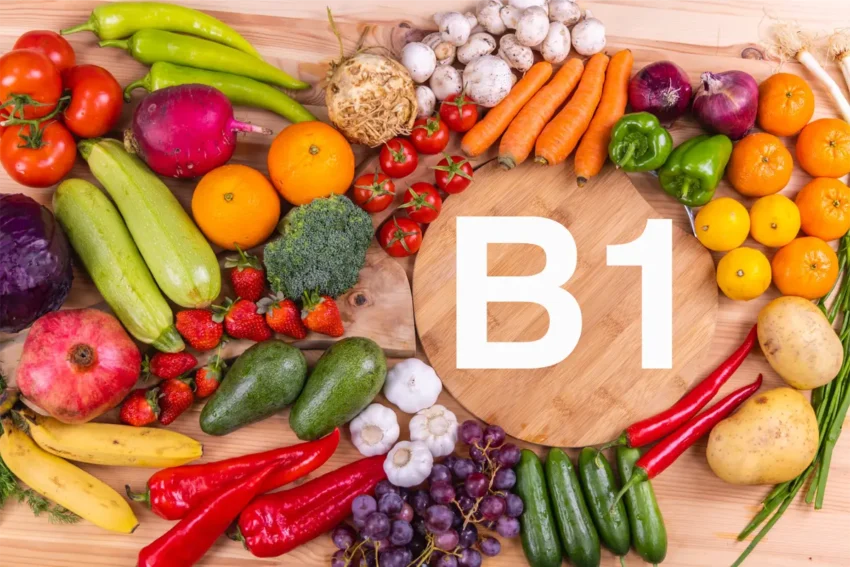Vitamin B1, also known as thiamine, is an essential nutrient that plays a crucial role in maintaining good health. It is a water-soluble vitamin that is found in various foods such as whole grains, nuts, and legumes.
Thiamine plays an important role in the body’s energy metabolism, as it is involved in the conversion of carbohydrates into glucose, which is then used as a source of energy by the cells. This vitamin is also required for proper nerve function, heart function, and muscle function.
A deficiency of vitamin B1 can lead to a range of health problems, including beriberi, which is a condition that results in cardiovascular and nervous system problems. Other symptoms of thiamine deficiency include fatigue, loss of appetite, weight loss, and constipation. In severe cases, a lack of vitamin B1 can lead to mental confusion, depression, and even coma.
Most people can get all the thiamine they need from their diet, as it is found in a variety of foods. Whole grains, such as brown rice, whole wheat, and oats, are excellent sources of vitamin B1. Nuts and legumes, such as almonds, peanuts, and beans, are also good sources of this essential nutrient.
In addition to dietary sources, vitamin B1 is also available as a supplement. Thiamine supplements are commonly used to treat thiamine deficiency and other health conditions, such as Alzheimer’s disease, Parkinson’s disease, and multiple sclerosis.
While vitamin B1 is generally safe and well-tolerated, excessive amounts can cause adverse effects. For example, high doses of vitamin B1 can lead to gastrointestinal problems, such as nausea and diarrhea. Additionally, taking large doses of thiamine supplements can interact with certain medications, such as chemotherapeutic drugs, so it is important to talk to your doctor before starting a thiamine supplement.
In conclusion, vitamin B1 is a critical nutrient that plays a key role in maintaining good health. By including a variety of vitamin B1-rich foods in your diet, and by talking to your doctor about taking a supplement if necessary, you can help ensure that you get enough of this essential nutrient to stay healthy and well.

